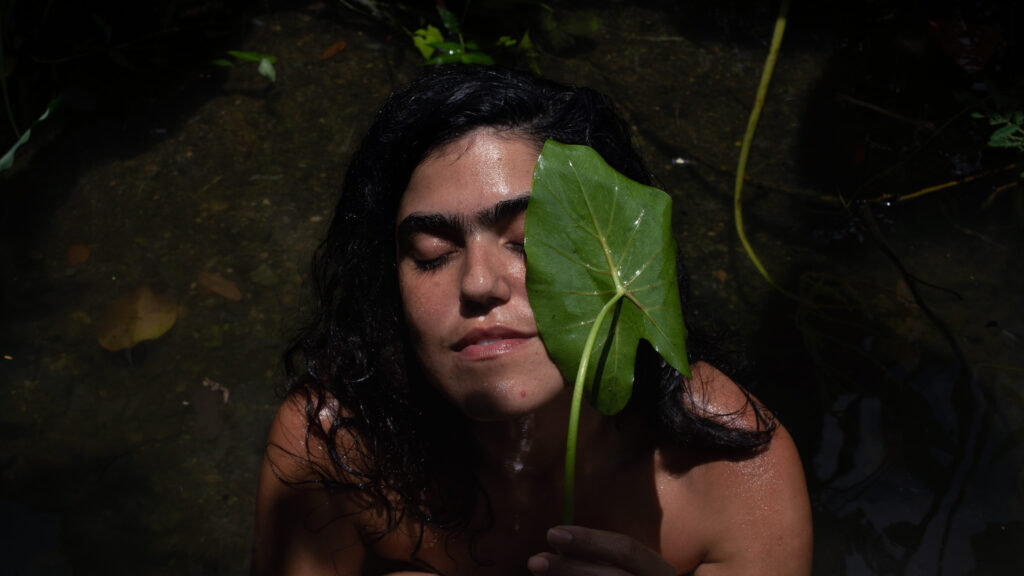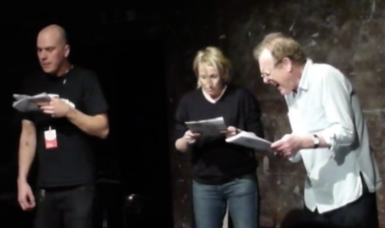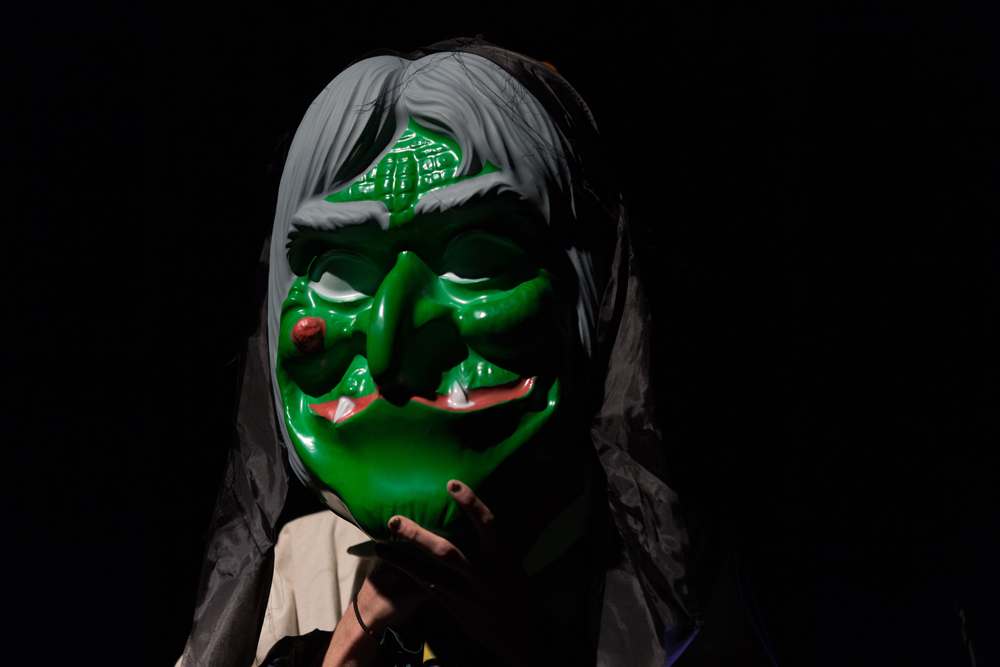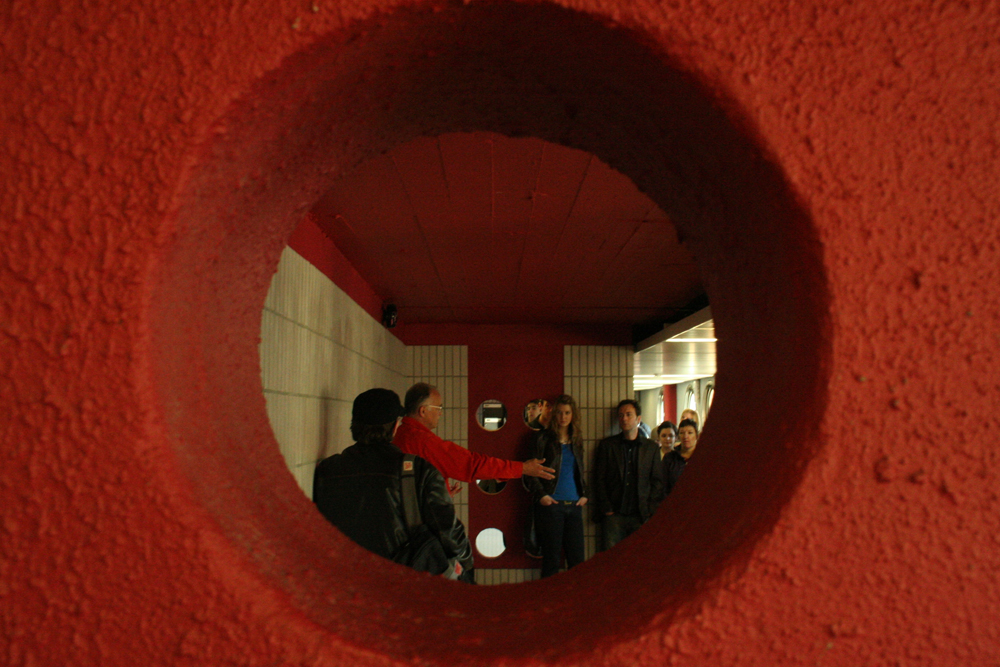
We have something to say about… Pt1
Ann Cvetkovich Eboni Marshall Turman Frank Roberts Michael Roberson Robert Sember Terre Thaemlitz Vogue’ology
A historical narrative of the black and Latino/a transgender, bisexual, lesbian, and gay House and Ballroom Scene in relation to race, gender, sexuality and class oppressions.












